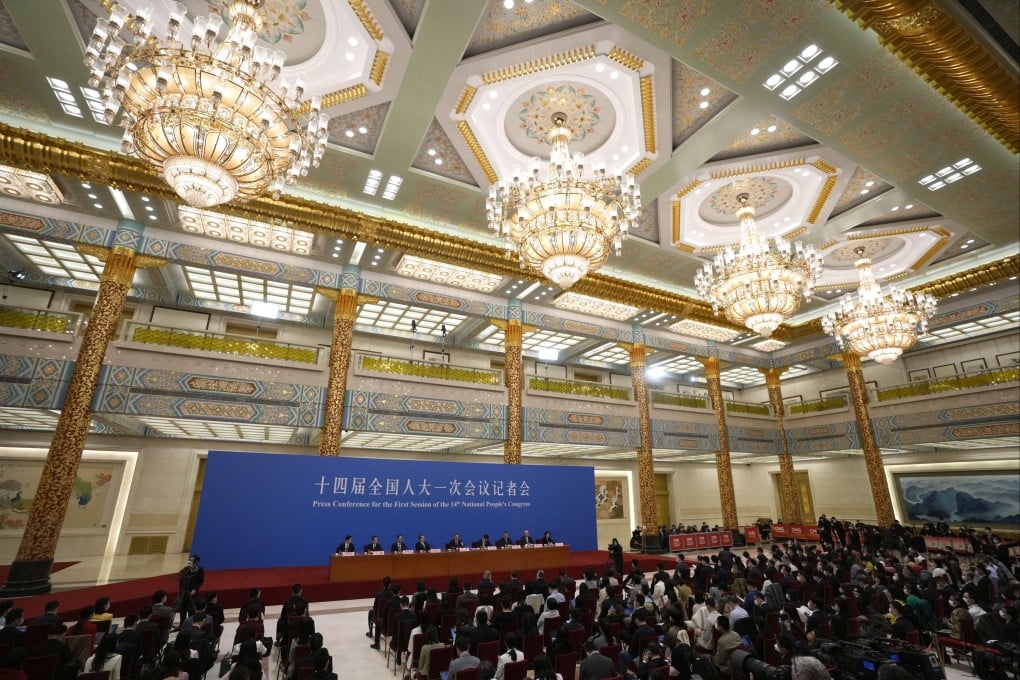Opinion | Why I miss the Chinese premier’s annual press conference at the close of the country’s ‘two sessions’
- A major attribute of the press conference is it projects Beijing’s confidence and open attitude about various topics from foreign policy to economy
- The way China’s premier fields questions also enables the public to get a better glimpse into his personality

That “technical justification”, however, is not sufficiently convincing. There must have been a good reason for the press conference to have existed for more than three decades. As a student, and later as a journalist, I have always enjoyed watching these press conferences broadcast live by state television.
A major attribute of the annual press conference, held in a magnificent room inside the Great Hall of the People, is that at least half of the questions asked were from non-mainland Chinese media, covering a wide range of topics from foreign policy to issues related to the economy, Taiwan, Tibet and Xinjiang.
These questions tested how officials fielded questions with their knowledge and wisdom. The exchanges, which were sometimes spirited, between top government officials and the international press corps showed China’s confidence and openness.
